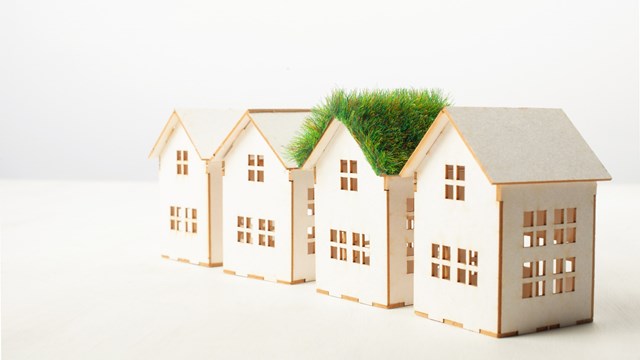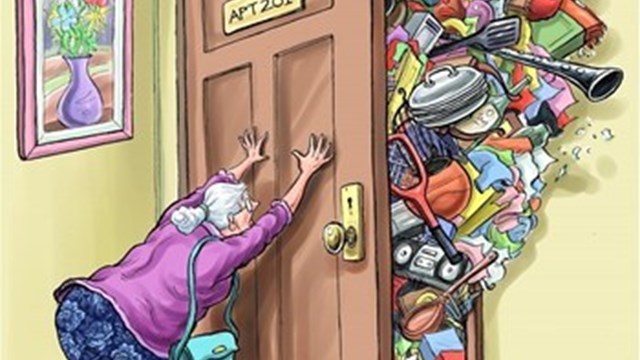
Q. Nice weather has arrived in New England, and electric rates have skyrocketed. I thought it would be a good idea to put a clothes line on my condo deck, both to save money on the electric bill and to enjoy that fresh air-dried feel of my clothes. But as soon as I did it, I was approached by a member of our condo board who said clotheslines and racks are not allowed.
With all the interest in solar power, saving energy, and other “green” initiatives, can it be true that we are not allowed to take advantage of Nature to dry our laundry?
—Confused Conservationist
A. “While ‘going green’ has been all the rage for some bit of time now, the momentum of this movement is somewhat waning,” says Gary M. Daddario, partner at Marcus, Errico, Emmer & Brooks in Braintree, Massachusetts and Merrimack, New Hampshire.
“Lawmakers who were eager to push certain types of green initiatives are finding they may have been too quick to act. For example, laws forcing certain properties to permit solar equipment (none of which passed here in New Hampshire) have not produced the results hoped for, as the cost of solar equipment, plus potential revaluations of the property and higher taxes have cut into the energy cost savings for consumers.
“Further, net metering is scheduled to end in 2040 in New Hampshire (well within the useful life span of any solar panels that get installed this year) and could further reduce the benefit to consumers.
“Laws that forced electric vehicle charging stations to be permitted at certain properties (again, none were passed here in NH) are faring no better. Engineering studies are now concluding that EV vehicles and chargers pose increased fire safety risks, particularly for indoor parking garages. Issues range from the significant weight increase associated with EV vehicles to the greater instances of fires, to the intense heat, hazardous smoke, and other issues that make such fires difficult to extinguish.
“When it comes to clotheslines, the reasons many oppose them range from potential safety issues—particularly for children and animals—to the aesthetic concerns. The latter are heightened in condominium and association communities because conformity of appearance is among the hallmark characteristics of such communities, and is among the reasons some people choose to buy into and live in them. For the most part, condominiums and associations can regulate, restrict, and/or prohibit these items if they choose to do so.
“Despite prior proposed legislative bills, neither New Hampshire nor Massachusetts currently has a ‘right to dry’ law that would force certain properties to allow outdoor clotheslines. At this time, residents of restricted communities are required to comply with the restrictions of their community.”









Leave a Comment